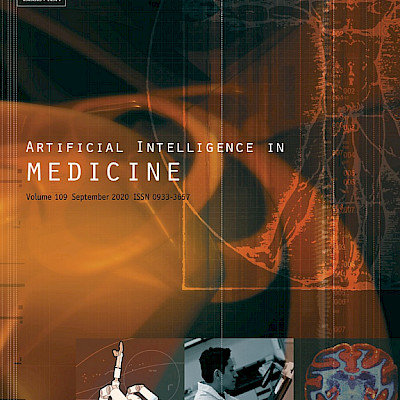
A variety of deep learning architectures have been developed for the goal of predictive modelling and knowledge extraction from medical records. Several models have placed strong emphasis on temporal attention mechanisms and decay factors as a means to include highly temporally relevant information regarding the recency of medical event occurrence while facilitating medical code-level interpretability. In this study we utilise such models with a large Electronic Patient Record (EPR) data set consisting of diagnoses, medication, and clinical text data for the purpose of adverse drug event (ADE) prediction. The first contribution of this work is an empirical evaluation of two state-of-the-art medical-code based models in terms of objective performance metrics for ADE prediction on diagnosis and medication data. Secondly, as an extension of previous work, we augment an interpretable deep learning architecture to permit numerical risk and clinical text features and demonstrate how this approach yields improved predictive performance compared to the other baselines. Finally, we assess the importance of attention mechanisms in regards to their usefulness for medical code-level and text-level interpretability, which may facilitate novel insights pertaining to the nature of ADE occurrence within the health care domain.
Author: Jonathan Rebane, Isak Samsten, and Panagiotis Papapetrou
© 2023 anch.AI AB, all rights reserved